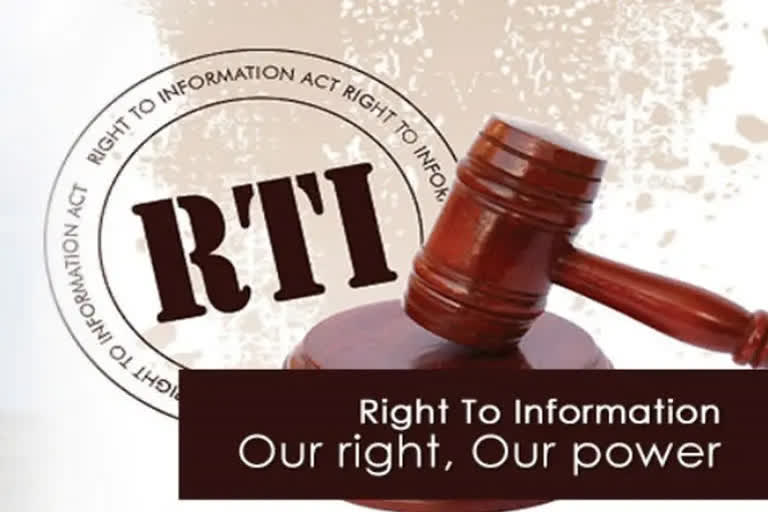New Delhi: Forty-two posts of information commissioners are vacant across the country against the sanctioned strength of 165 and two states are working without chief information commissioners (CICs), an official report said on Tuesday. Issues like non-compliance in proactive disclosure by public authorities, hostile approach of public information officers (PIOs) towards citizens and misinterpreting provisions of the Right to Information (RTI) Act to conceal information, a lack of clarity on what public interest is and right to privacy stand in the way of effective implementation of the transparency law, it said.
"Out of 165 sanctioned posts for Chief Information Commissioners and Information Commissioners, 42 posts are vacant," said the sixth State Transparency Report 2022, brought out by Transparency International India (TII), a non-government organisation. Of the 42 vacant posts, two are of CICs (in Gujarat and Jharkhand) and 40 of information commissioners (including the highest of four each in West Bengal, Punjab and Maharashtra and three each in Uttarakhand, Kerala, Haryana and at the Centre), the report said, adding that less than five per cent of the posts of information commissioners are occupied by women.
As many as 4,20,75,403 RTI applications were received by the states and the Centre, as recorded by the information commissions, from 2005-06 to 2020-21, it said. The RTI Act, 2005 is a path-breaking legislation that enables the country to break away from the colonial legacy of secrecy, which is anathema to a democratic system, the report said. After 16-17 years, the mindset and culture among a majority of government functionaries and public authorities (PAs) are still set in the era of secretive functioning of the government, it said. Even after 16-17 years, RTI applications are perceived as a burden on the government across all political regimes, the report added.
The RTI Act will enter the 18th year of its implementation on Wednesday (October 12) and despite the enactment of the legislation in 2005 to foster an era of transparency and accountability in government functioning, only half the battle has been won because its implementation is still fraught with many challenges, TII chairperson Professor Madhu Bhalla said. TII director Rama Nath Jha said the information commissions becoming "parking lots" for retired bureaucrats and the casual attitude of the PIO or the first appellate authority while rejecting RTI applications are some of the major challenges faced in the 17-year journey of the legislation.
"The RTI Act lost its strength and vigour due to lack of political will and poor infrastructure; outright rejection of information requests made by active citizens on important matters of public importance and due to use of covert means of attacks and threats against RTI activists and applicants to suppress their voices," RTI activist and TII board member Ajay Dubey said. The report said only 11 states and Union territories have online portals for the filing of RTI applications, including Bihar, Goa, Delhi, Karnataka, Madhya Pradesh (limited to a few departments), Maharashtra, Meghalaya, Mizoram, Odisha, Rajasthan and Tamil Nadu. It recommended a technology-oriented regime, enhancement of awareness and training of government officials as some recommendations for strict implementation of the RTI Act. (PTI)



